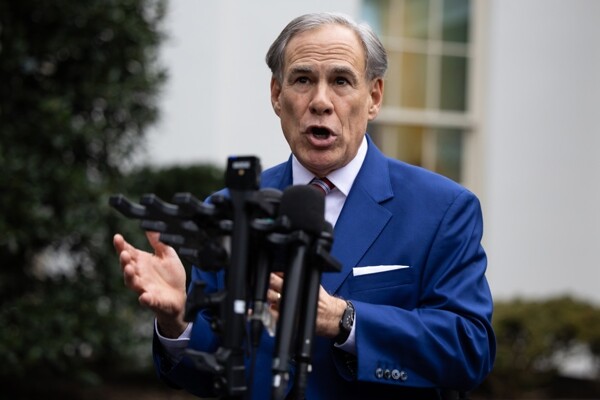
The swift initiative to reconfigure the U.S. economy as a global manufacturing powerhouse has had a significant impact on financial markets, consumers concerned about inflation, and has generated fears of recession amid rising uncertainty for businesses in the United States.
Despite last-minute pressures from various interest groups, including the largest aluminum producer in the U.S., Alcoa Corp, Trump decided to move forward with metal tariffs. This action has raised concerns, as it is estimated that it could jeopardize thousands of jobs and increase prices for American citizens.
Some national industry executives supported Trump's decision, arguing that protectionist measures could benefit U.S. producers and recover jobs in sectors like steel and aluminum. These tariffs are part of a broader plan by the president to erect barriers around the U.S. economy and rebalance global trade. Additional tariffs on various products have been announced, sparking debate among manufacturers and critics of these measures.
President Trump has doubled tariffs on China and expanded measures on steel and aluminum to strengthen the metallurgical industry, which he considers crucial for the industrial base and national security of the United States. Despite concerns and warnings from affected sectors, Trump has maintained his stance, arguing that these actions are necessary to protect the U.S. economy.
The implementation of tariffs has generated global tensions, with countries responding to U.S. measures with counter-tariffs and threats of retaliation. Uncertainty in financial markets has intensified, with concerns about potential recession and volatility in different economic sectors.
The future of international trade relations and the impact of these tariffs on the global economy remain subjects of concern and debate among leaders worldwide.














